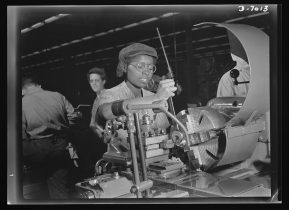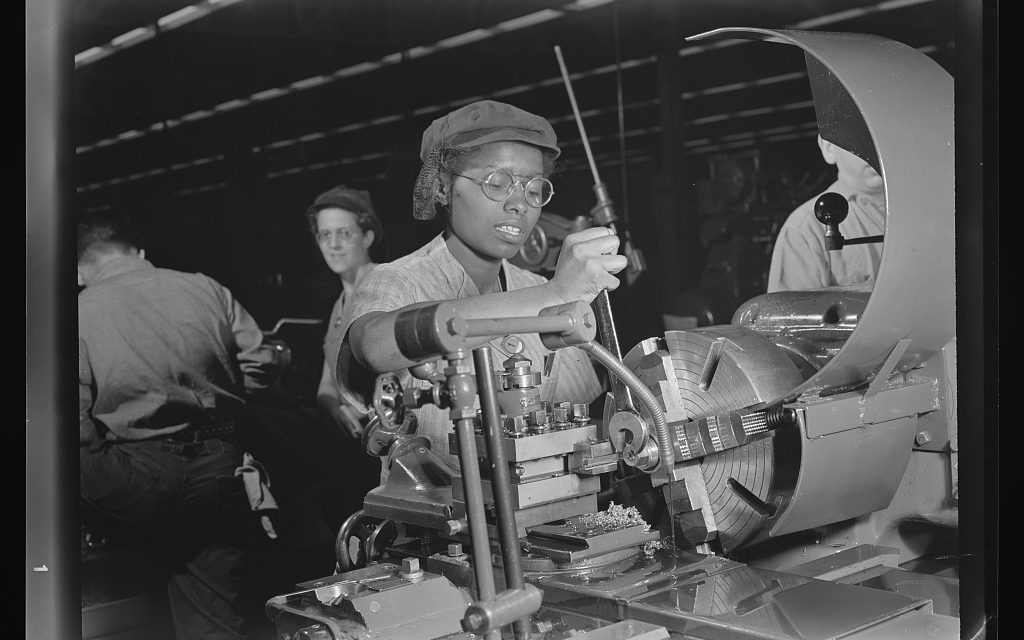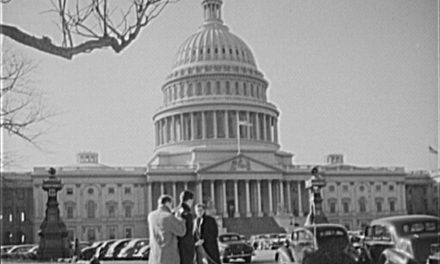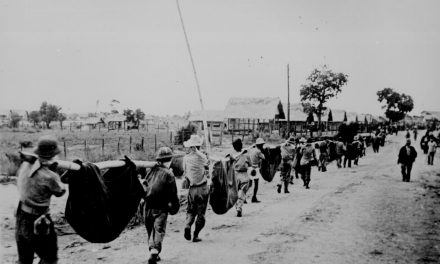Co-authored by Ashley Turner
In the weeks after the Pearl Harbor attack, many Americans rushed to donate blood. When African-Americans did so, however, the American Red Cross told them their blood was not wanted.
After an outcry from the black community, the Red Cross lifted its ban, but restrictions remain in place. According to Army Surgeon General James Magee, blood from white donors and blood from black donors must be kept separate, and transfusions with blood from black donors would be given only upon request.
Navy Surgeon General Ross T. McIntire, by contrast, says the Blood Donor Center in Washington, D.C., has willingly received blood from many African-Americans. The war has greatly increased the demand for blood donations.
“So far as the Navy is concerned, I wish to tell you that it has never requested the American Red Cross not to take blood from Negro donors,” McIntire said to the National Association for the Advancement of Colored People (NAACP).
This confusion about transfusions raises a larger question: Why isn’t the U.S. accepting the contributions of citizens who want to help the war effort?
Blood transfusions are only one of many examples a reluctance to allow African-Americans to aid their country in a time of crisis.
Surgeon General Magee has also placed a limit on black nurses. There are 7,000 nurses treating soldiers currently, and the Army has called for 10,000 more. However, the Army has capped the number of black nurses who may serve at a mere 112.
These 112 nurses may treat exclusively non-white soldiers, and they will only be assigned to two camps: Fort Bragg, in North Carolina, and Camp Livingston, in Louisiana.
The Red Cross, on the other hand, places no limit on the number of black nurses it will accept.
Newbold Morris, president of the New York City council, spoke out strongly against racial discrimination, saying the war will take much longer to win if African-Americans aren’t integrated into every aspect of the American effort.
Addressing the blood donation controversy, Morris said, “The American people are entitled to an explanation of the buck-passing going on between the American Red Cross and the Army and Navy. This…is racial prejudice carried to an absurdity!” Morris said.
Morris also cited the irony in that the idea of a blood bank was pioneered by African-American physician Charles Drew, who under current restrictions would not be allowed to treat white soldiers or even donate to his own invention without restriction.
“Why should Negroes be criticized for struggling to achieve the rights which are guaranteed them under the Constitution?” Morris said. “They care passionately for these rights. Otherwise, they would not be good Americans.”
Many are beginning to protest the denial of their rights.
For example, on Feb. 26, three African-American leaders in the Harlem unit of the American Women’s Voluntary Services (AWVS) abruptly quit—the women claimed that they were experiencing racial bias within the organization.
One of the three was Grace Nail Johnson, wife of the famous author and former NAACP president James Weldon Johnson. She said the AWVS “reduced the negro race to a fragmentary part of its organization,” noting that organization refuses to let African-American women serve on its board of directors.
Johnson proposed starting a completely African-American unit of the AWVS, but other black women in the organization objected. One of them, Mrs. John Hope, called the potential creation of this unit “segregation” and “unfair to other races.”
AWVS officials denied discrimination and cited two instances of African-American women being fully involved in the organization.
Some prominent figures, such as First Lady Eleanor Roosevelt, have advocated equal treatment of African-Americans, saying that the United States should not expect the loyalty of the black community while they are subject to racial discrimination.

Lathe operator Annie Tabor works on aircraft engines in a Midwest factory. Photo by Ann Rosener, from Library of Congress.
There have been some signs that the country is moving toward fairer treatment of African-Americans, both in war production and among the fighting forces.
The Fair Employment Practices Commission prohibits any racial discrimination in hiring among companies producing war material, and officials from the War Production Board (WPB) are reminding employers of that obligation. In Omaha, for instance, after a visit from the WPB, many companies are doing away with whites-only hiring practices. One factory now seeking female African-American workers has not employed a black woman in over 12 years.
In another example of progress, the U.S. Army Air Force is training the first ever all-African-American air squadron, according to Major General George Stratemeyer.
However, Carter G. Woodson, founder and director of the Association for the Study of Negro Life and History, argues that this is not enough.
“We are not allowed to go into the Navy where we may sink beneath the waves. That is exclusive privilege of the white American. But I want to see my people do their part in this war,” Woodson said. “Pay your taxes, don’t evade them. Do your part. When this is ended, we are going to have a new world. This world will never again be what it is today.”
Sources:
“Denies refusing colored donors for blood banks.” Pittsburgh Courier. Jan. 24, 1942, pg. 1.
“‘U.S. can’t expect loyalty of negro under present conditions’: Mrs. FDR.” Chicago Defender. Jan. 17, 1942.
“Red Cross drops blood ban.” Pittsburgh Courier. Jan. 31, 1942.
“Army limits number of colored nurses.” Pittsburgh Courier. Jan. 24, 1942, pg. 1.
“Race doctors in U.S. army blocked by Surgeon General.” Pittsburgh Courier. February 7, 1942, pg. 1, 4.
“President of New York City council blasts race bias.” Pittsburgh Courier. February 7, 1942.
“Anti-Negro Bias Denied By A.W.V.S.” New York Times. February 26, 1942.
“1200 Negroes Protest War Discrimination.” The Pittsburgh Courier. 1942.
“Ted Poston gets industries to put Negro women to work; wants them to seek jobs now.” The Pittsburgh Courier. 1942.
The Associated Press. “First of Negro Air Squadron Ready to Fly.” The Washington Post. 1942.
“Role and Loyalty of Race in Wars Cited.” New York Amsterdam Star-News. 1942.





